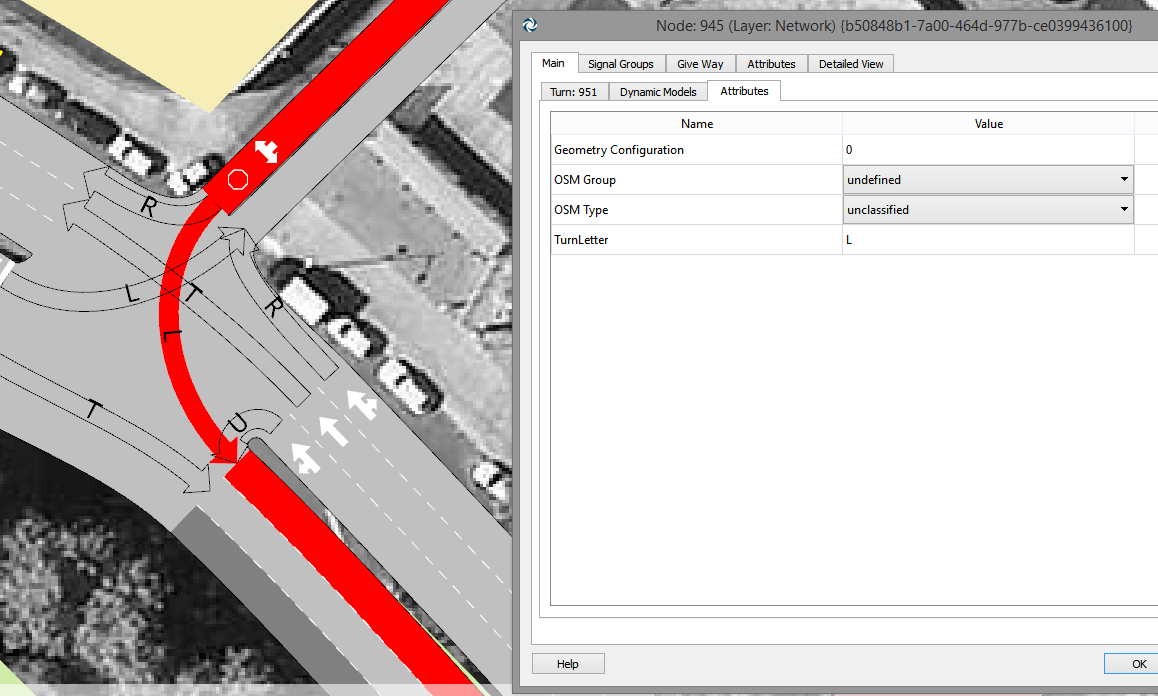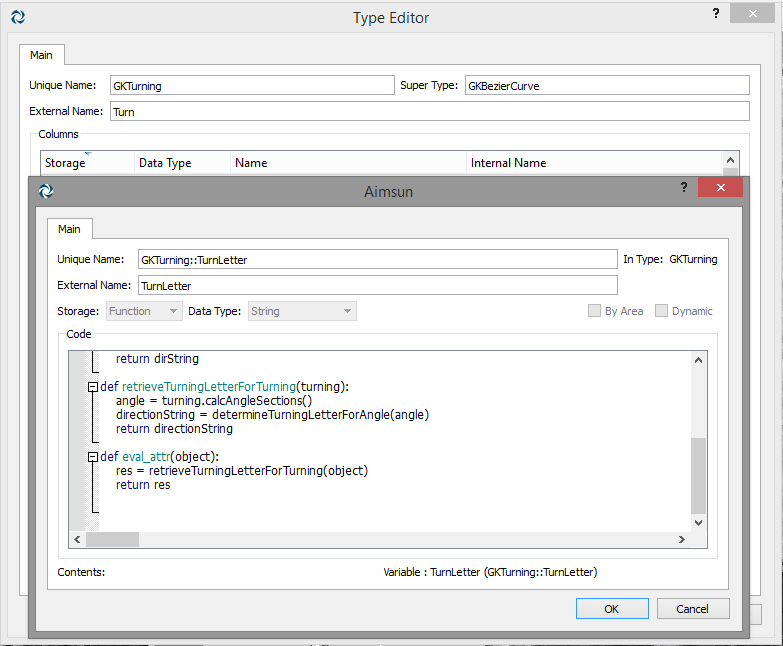
Modelización de vehículos conectados usando la API de Aimsun: control de velocidad cooperativo y adaptativo (Cooperative Adaptive Cruise Control)
Enero 2017: Paolo Rinelli y Dimitris Triantafyllos explican una técnica de modelización de vehículos conectados usando la API de Aimsun: control de velocidad cooperativo y adaptativo (Cooperative Adaptive Cruise Control).



